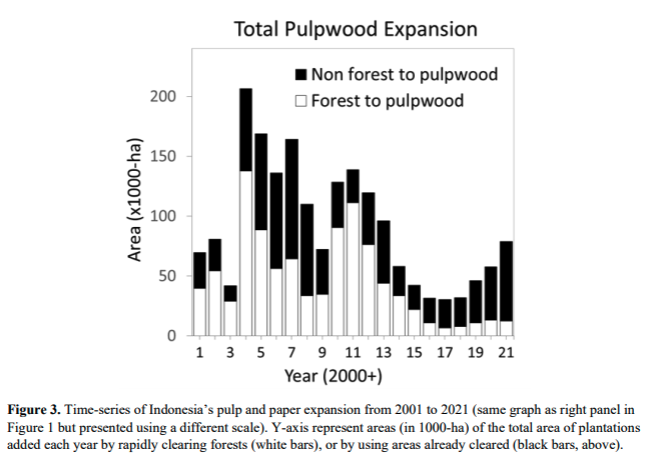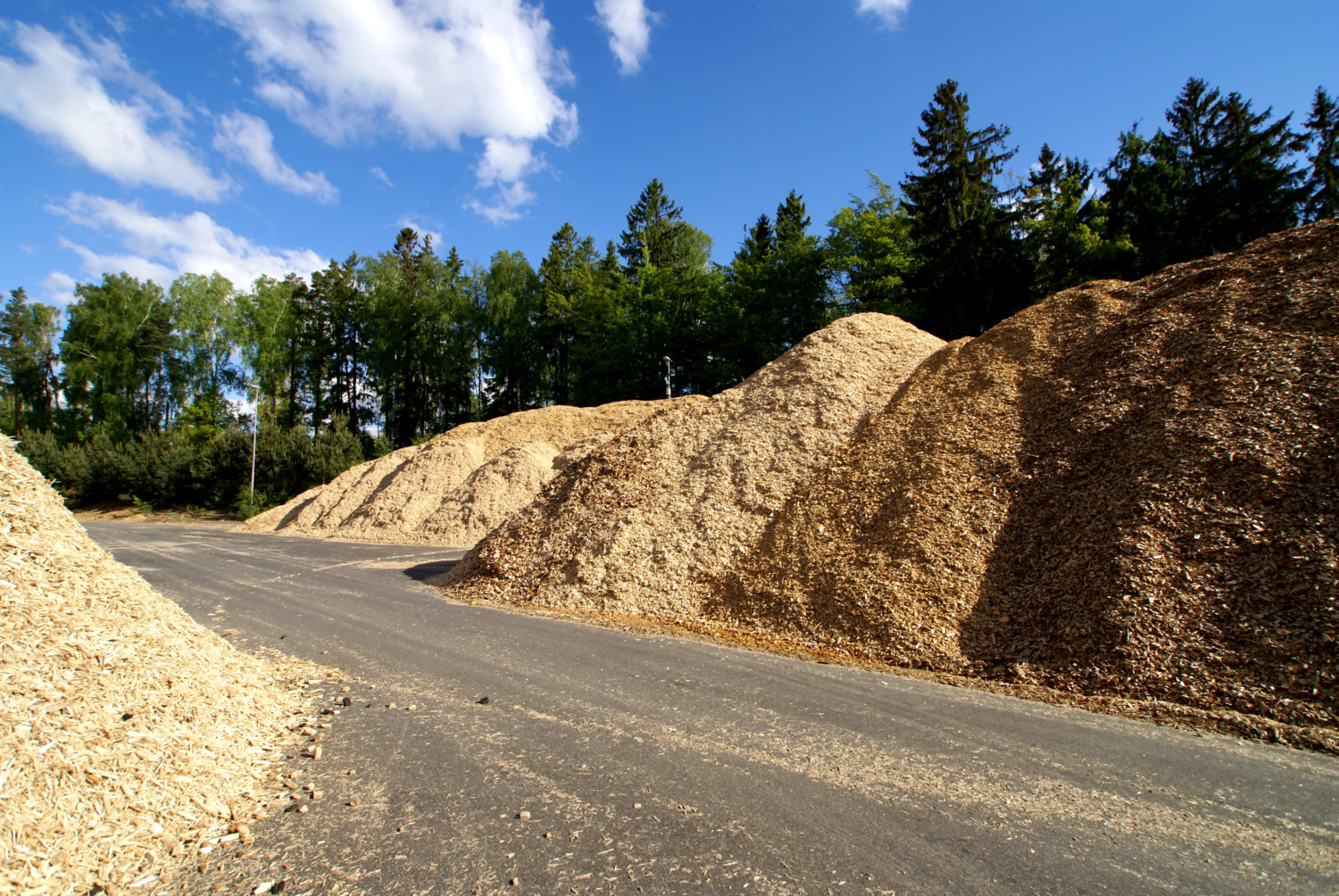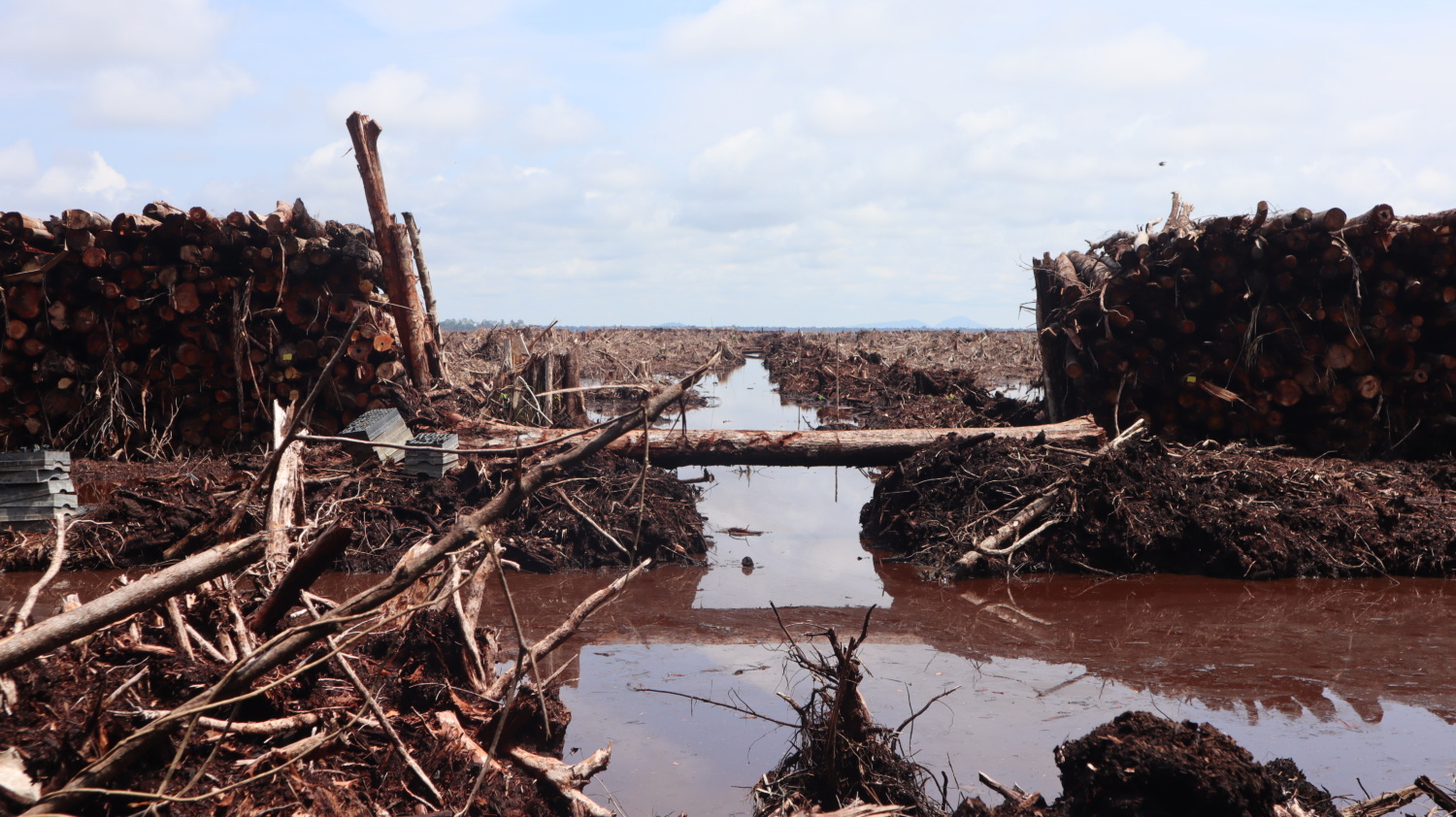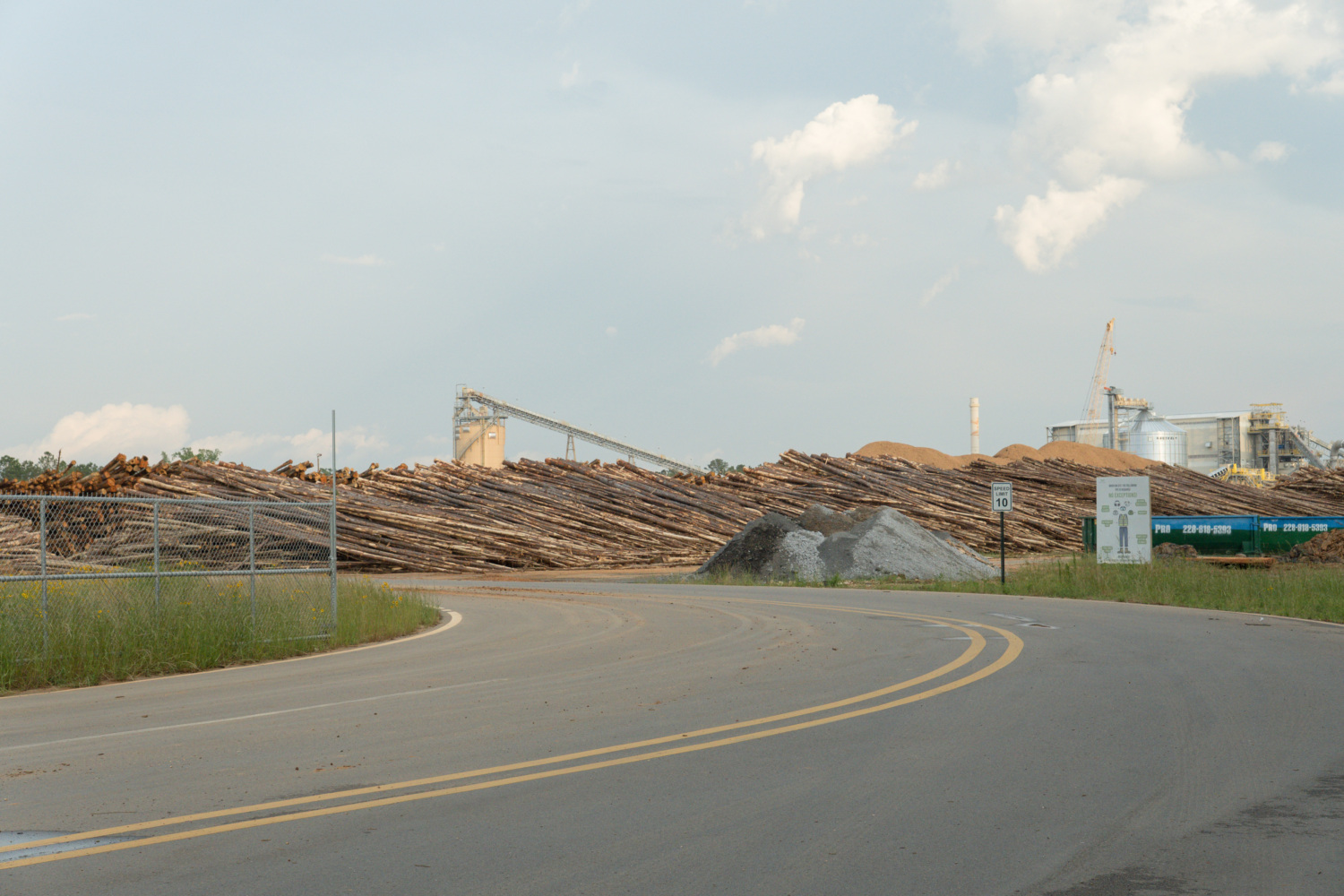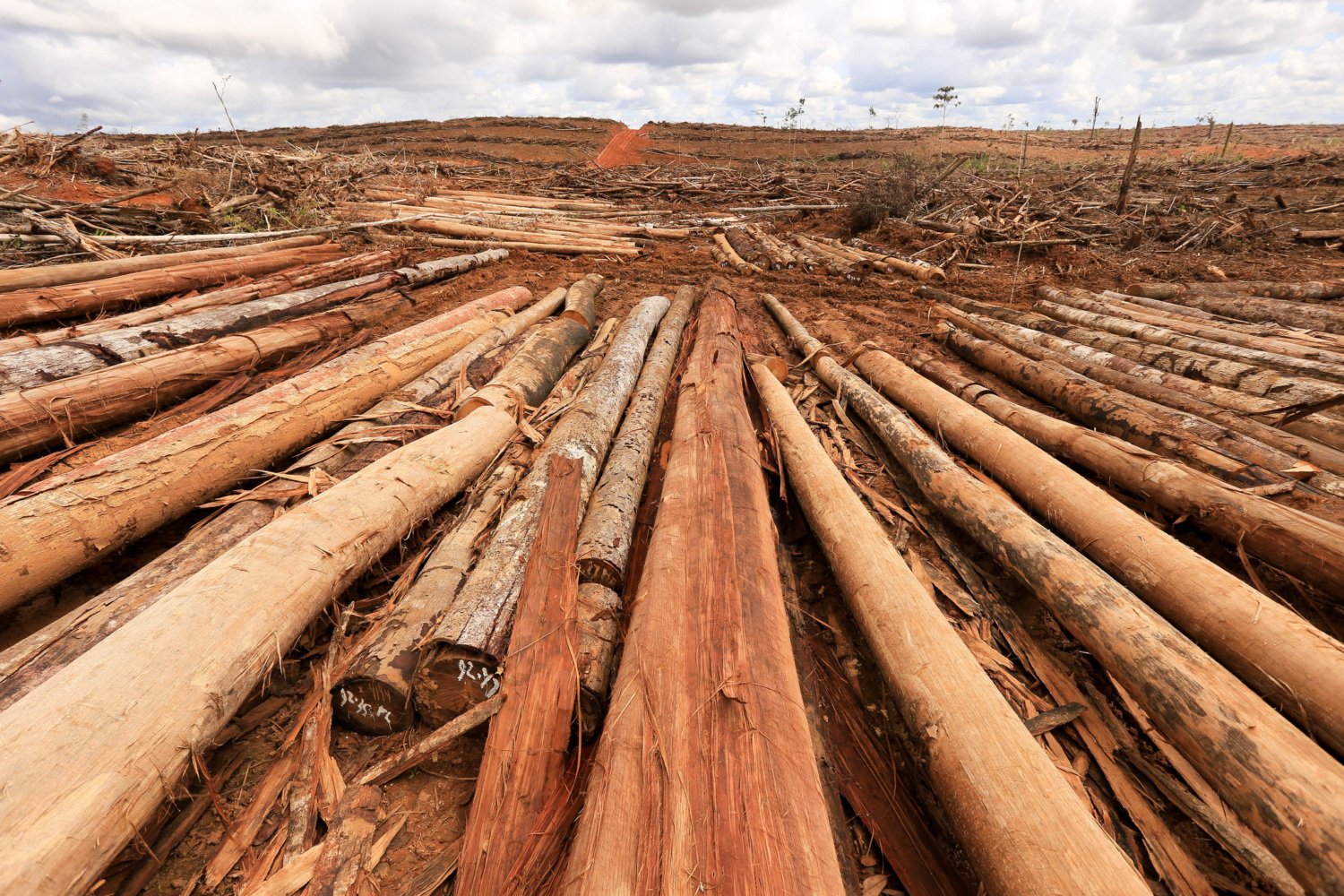
Timber, Pulp, & Paper
Join Our Mailing List
As in the palm sector, deforestation for timber pulp and paper has declined significantly in Southeast Asia as major players adopted No Deforestation, No Peat Development, and No Exploitation (NDPE) policies. But there are still rogue actors, and adopting cross-commodity policies is vital to preventing further deforestation across all forest-risk commodities – especially for timber barons who export plywood and other short-lived paper products.
Wood in the form of biomass is also cofired with coal to provide energy – but this energy is not truly renewable. Carbon accounting regulations allow the burning of wood products to be counted as carbon neutral, even though the process of cofiring produces more CO2 emissions than burning coal alone.
Forests can’t grow fast enough to serve as carbon sinks for climate mitigation while meeting demand for biomass pellets, wood products, pulp, and paper.
-
⅓
of trees cut down are used for timber products
-
50% to 90%
of logging in tropical countries is illegal
Our Work
Bad Actor in Timber Industry
Some of the largest consumer goods brands in the world suspended the Samling Group who is notorious for its relentless deforestation for timber and palm oil.
Suspending Samling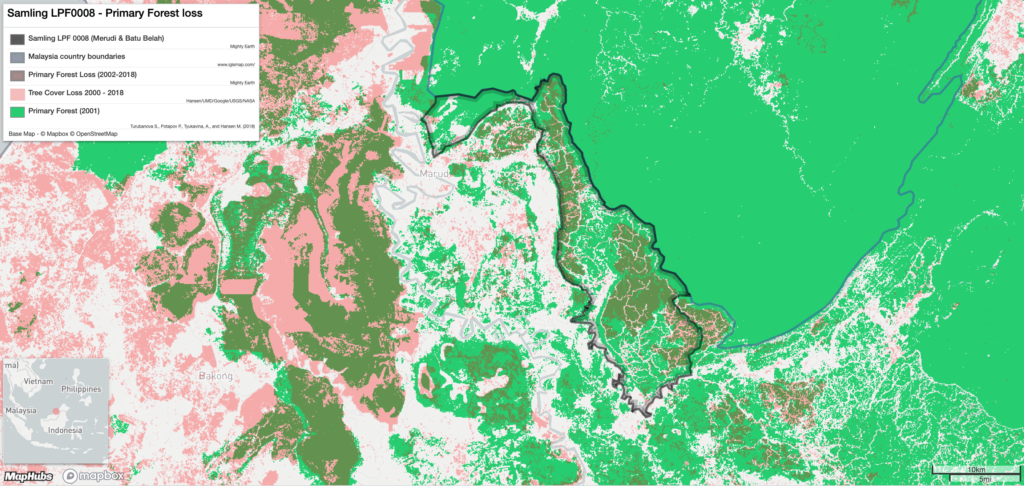
Decline in Forest Loss
Forest loss in Indonesia for palm oil, pulp, and paper, has significantly declined since 2000.
